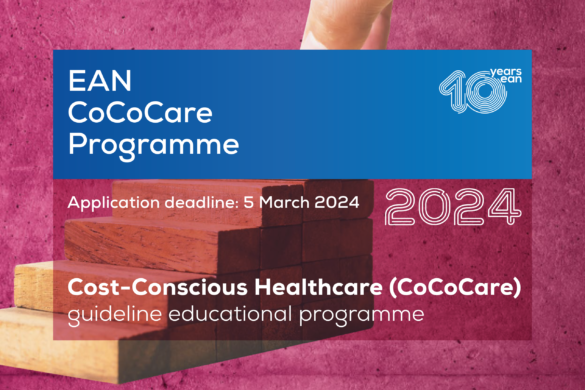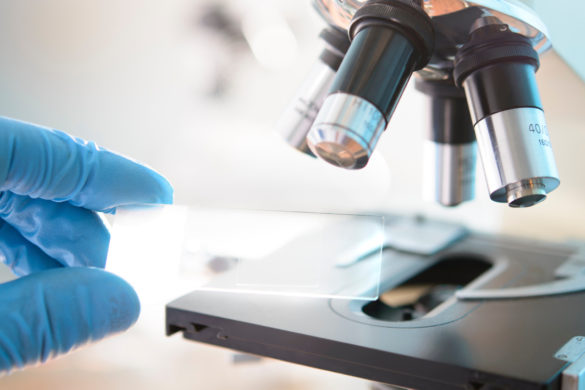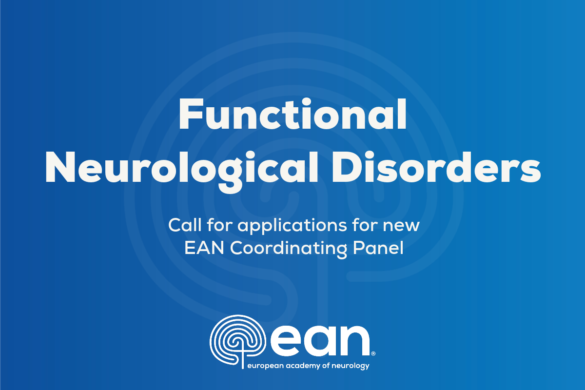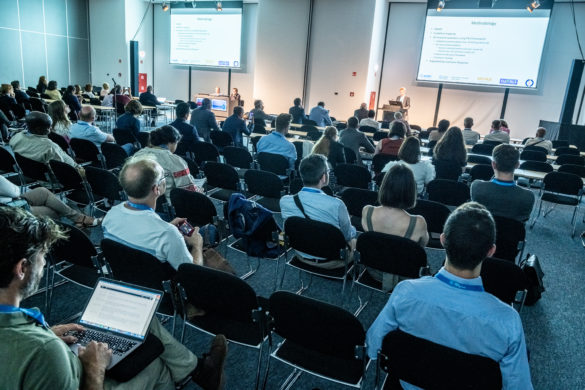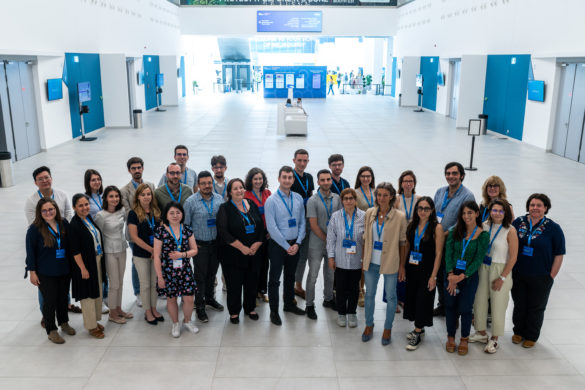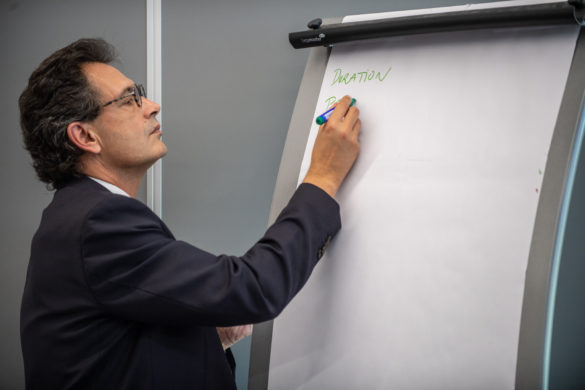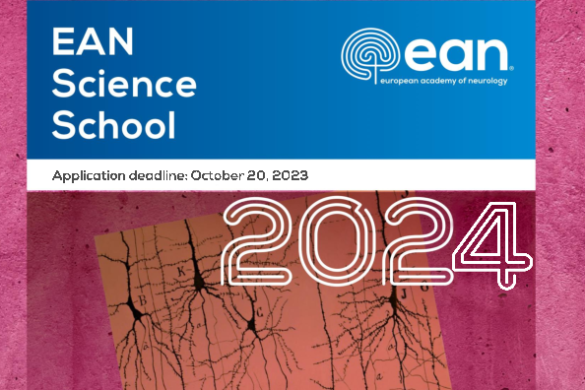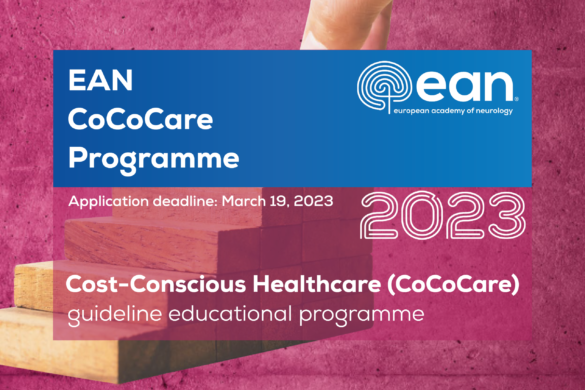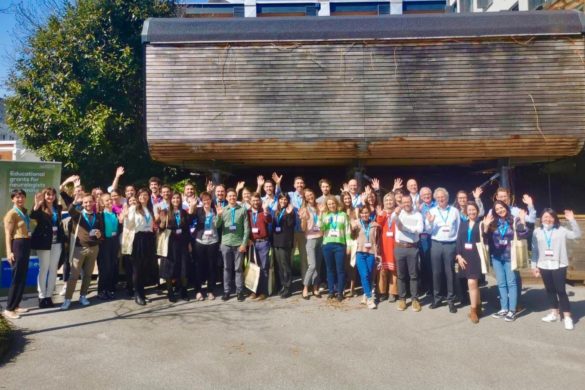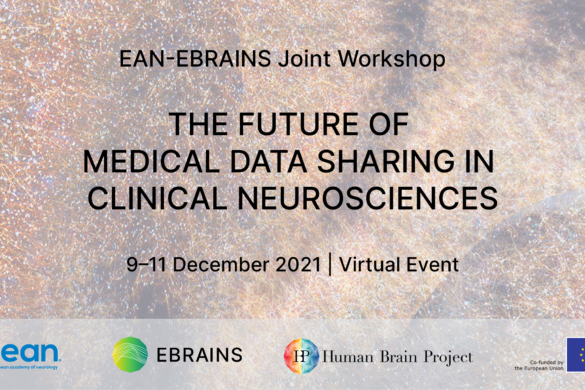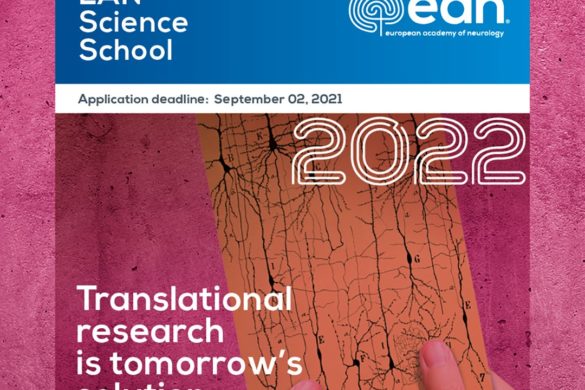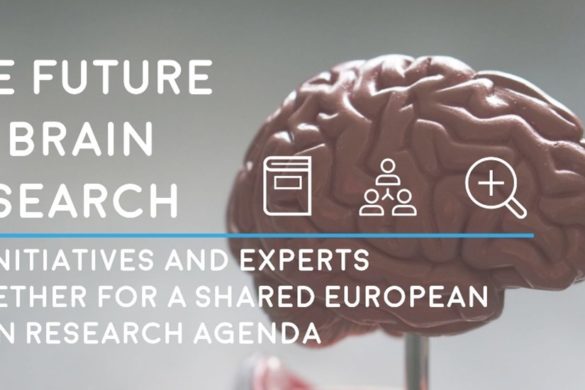The EAN is happy to announce the launch of the second iteration of our very own guideline educational programme – CoCoCare (Cost-Conscious Healthcare) 2024.
Category
Scientific Corner
Here we are posting information from the Scientific Committee.
-
-
EAN NewsScientific CornerTop Articles
EAN Scientific Panels’ Management Group election results are in!
December 21, 2023The EAN Scientific Panels’ Management Group Elections for 2024-2026 reveal a diverse and accomplished lineup. The new scientific panel group will be setting the stage for continued success of our collective pursuit of excellence in neurology. -
EAN NewsResearchScientific CornerTop Articles
New EAN Coordinating Panel on Functional Neurological Disorders – Call for Applications
September 7, 2023The EAN is pleased to announce the creation of a new Coordinating Panel on Functional Neurological Disorders. All EAN Individual Members with an interest in this field are encouraged to apply! -
EAN Congress newsScientific Corner
Special Session on Guidelines at the EAN Congress: Meet the new EAN Guidelines
July 21, 2023In this Special Session on New Neurological Guidelines, we had the opportunity to see the presentation of three new guidelines and get insight into the work of the EAN Guideline Production Group. -
EAN Congress newsScientific Corner
EAN Guideline Education and Cost-Conscious Healthcare (CoCoCare) kick-off workshop in Budapest 2023
July 21, 2023Participants in the CoCoCare programme were invited to a kick-off workshop which took place on 30 June 2023 at the EAN Congress in Budapest, Hungary. -
EAN Congress newsScientific Corner
EAN Guidelines Workshop 2023: From questions to recommendations
July 21, 2023After a successful 1st EAN Guidelines Workshop in 2022, the GPG once again organised a workshop one day prior to the EAN Congress 2023. -
Application is now open for the next EAN Science School, with the overarching theme 'Pathophysiology of Neurological Disorders 2.0'
-
EAN NewsResident and Research FellowsEAN NewsScientific Corner
Training for the Future of European Guidelines: Cost-Conscious Healthcare 2023
March 2, 2023The European Academy of Neurology is proud to announce the launch of the EAN CoCoCare, its very own guideline educational programme for 2023! -
The EAN Guideline Production Group (GPG) invites the EAN Scientific Panel members, EAN individual members, and EAN Guideline Task Force members to join the forthcoming EAN Guideline Workshop on 24 June.
-
EAN NewsEducation cornerScientific Corner
First EAN Science School proves a hit in Salzburg
April 1, 2022The first EAN Science School just took place, in the picturesque city of Salzburg, Austria, on 26-29 March 2022, with 47 Participants from 21 countries making the most of a three-day programme of lectures and workshops. -
Scientific Corner
Invitation to the EAN-EBRAINS Joint Workshop on ‘The Future of Medical Data Sharing in Clinical Neurosciences’
July 2, 2021The Human Brain Project (HBP) and EBRAINS, together with the EAN, invite the entire scientific community to join the forthcoming workshop on the Future of Medical Data Sharing in Clinical Neurosciences taking place virtually on 9-11 December 2021. -
EAN NewsGrant opportunitiesScientific Corner
1st EAN Science School, 26-29 March 2022: “Pathophysiology of disorders of the nervous system”
June 18, 2021EAN is happy to announce establishment of the new type of a school! -
Scientific Corner
The Future of Brain Research: EU-Initiatives and Experts Together for a Shared European Brain Research Agenda
March 1, 2021In late 2019, the European Brain Council (EBC) launched the development of the Shared European Brain Research Agenda (SEBRA). -
New Scales and Scores by EAN Scientific Panel on Higher Cortical Functions are available online now!
-
ResearchEducation cornerEducationScientific Corner
Registrar’s Reading List: Epilepsy Panel
November 2, 2020New Registrar’s Reading Lists by the EAN Scientific Panel on Epilepsy are available online now here!

